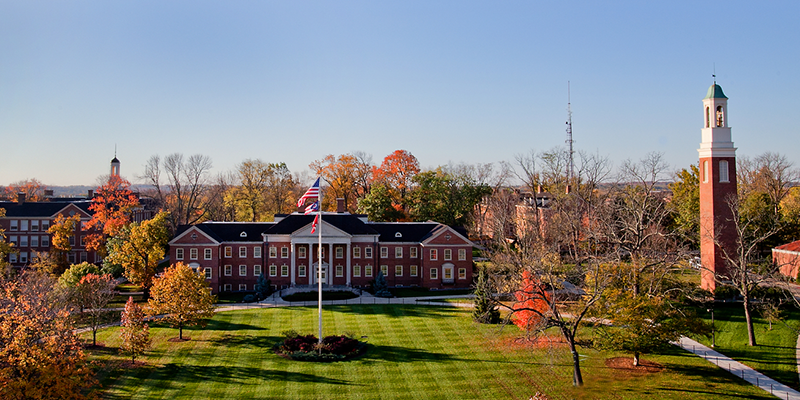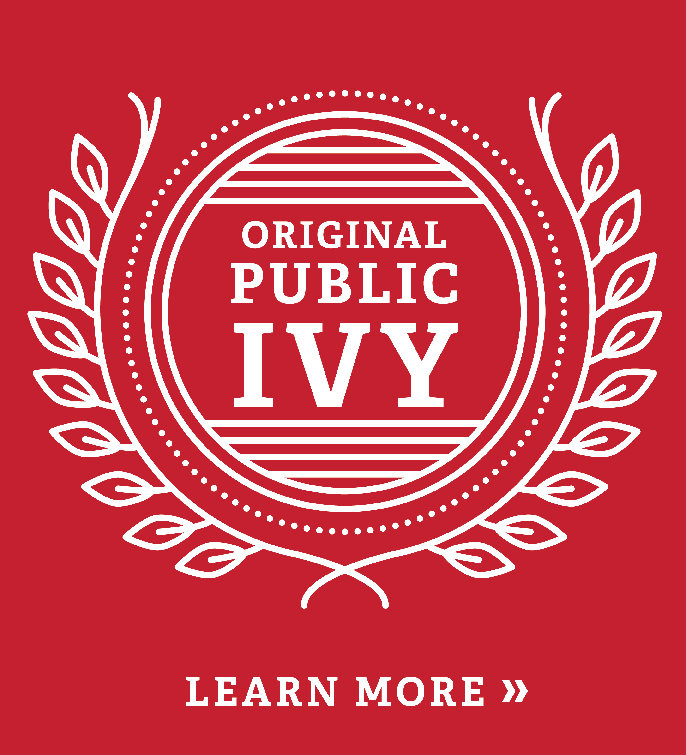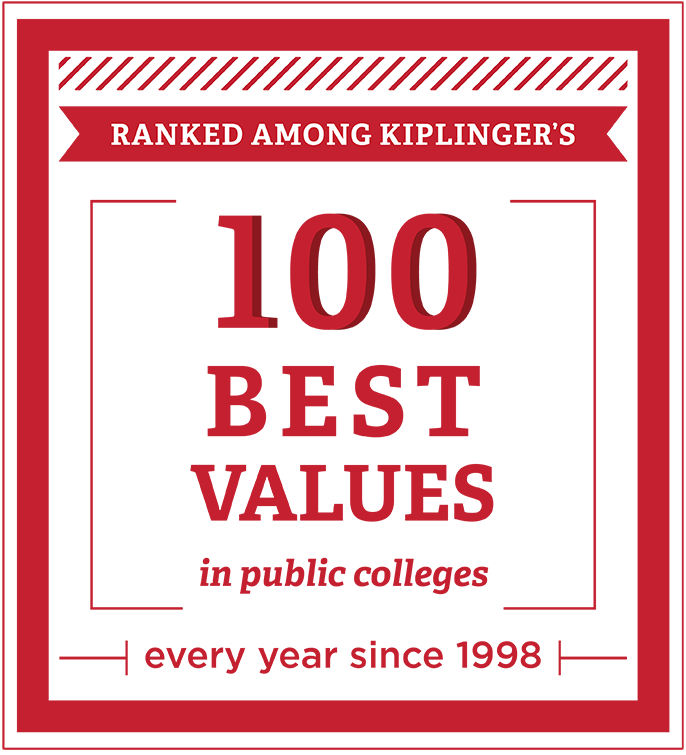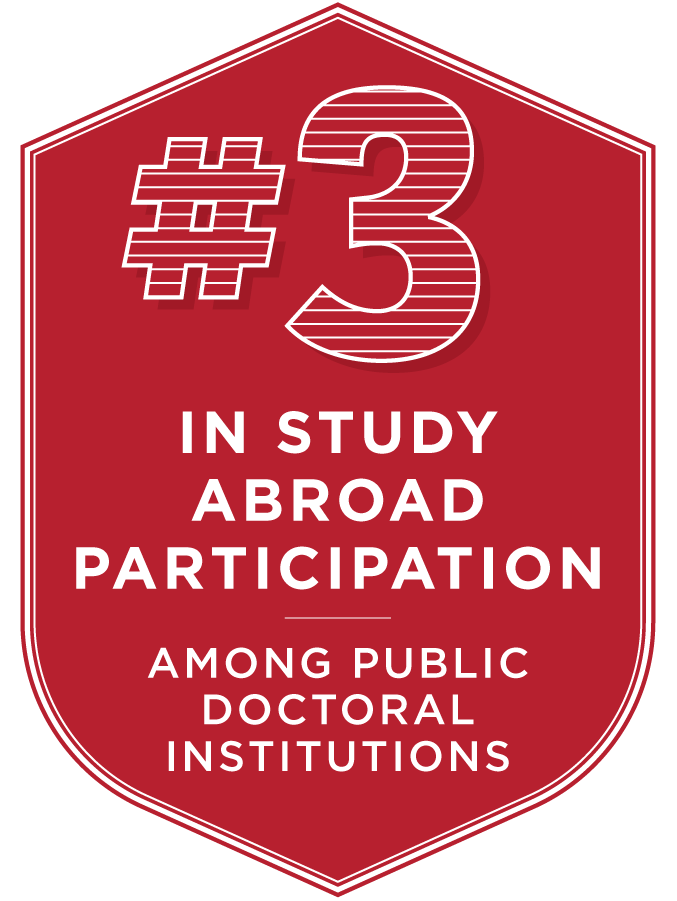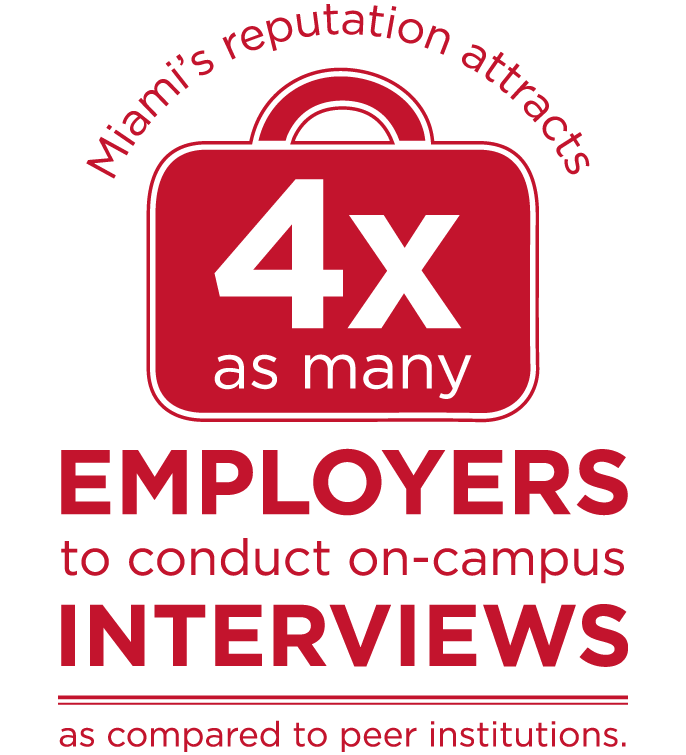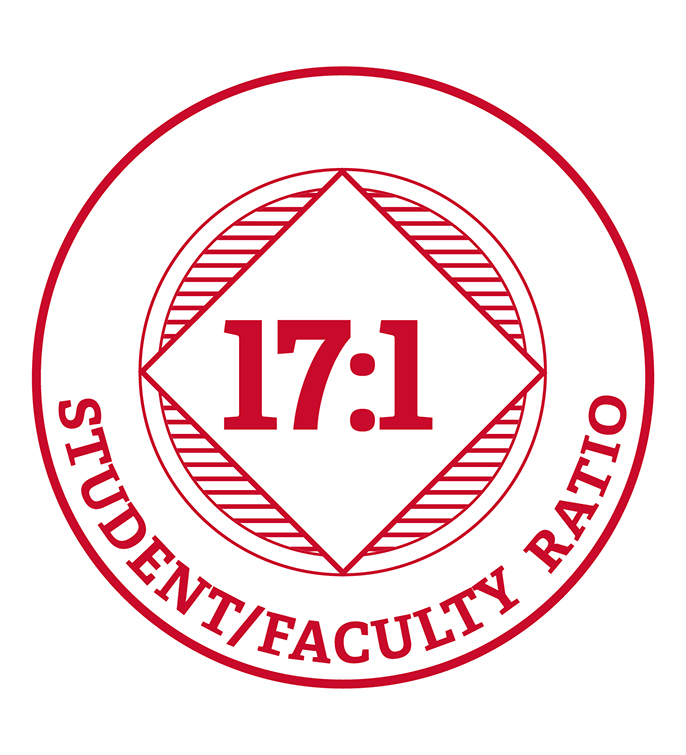Annual Address 2014
David C. Hodge
September 3, 2014
The traditional way of conveying information to students by standing in front of a class and telling them what they need to know is rapidly declining. Whether it is the inverted classroom, (which by the way originated with Miami Professors Glenn Platt and Maureen Lage), a MOOC, or You Tube videos, students have access to incredible resources and information via the Internet. There are also exceptionally well done modules of self-paced instruction produced by organizations like the Open Learning Initiative at Carnegie Mellon, many of which we use at Miami. These modules provide effective, individualized feedback and direction. And there are a growing number of options for completing degrees completely online.
Given all of these new options made available by improvements in technology, how can we seize the opportunities of being together in the same place at the same time? This is a critical question that should continue to stimulate reflection and innovation. A good place to start is described in a recent article by former Miami Dean Jose Bowen in the journal Liberal Education, “The Teaching Naked Cycle: Technology Is a Tool, but Psychology Is the New Pedagogy” (http://www.aacu.org/liberaleducation/le-sp14/bowen.cfm). He notes:
As faculty, if we are primarily concerned with transmitting content, then our value will only decrease … If, however, we are more concerned with faculty-student interaction; the design and sequence of learning experiences; the application, analysis, and synthesis of information; the motivation of students; and, especially, the increasing complexity of students’ mental models, then the value of what we do will increase.
Above all, a residential university offers exceptional opportunities for interaction and motivation. At the end of the day, it is all about the way that people share their time and interests. As noted in the Unifying Goal of Miami 2020, we seek “to promote a vibrant learning and discovery environment.” Through inquiry-driven, group and project based work, through the opportunity for a student to work alongside faculty in research, through the opportunity to “drop in” the office or meet up for lunch, we create a lively culture that is also highly motivating to students. Once motivated, most students “step up” their game and accomplish more than they might have imagined. Motivation is the engine for over-achievers, and on the Oxford campus we can create the best possible experience, with the best possible results because of the opportunities that being a residential university with a focused mission can provide.
A residential university can also offer a greatly expanded and integrated set of co-curricular and character-building opportunities that can deepen intellectual growth, develop those professional intangibles that contribute to career success, and strengthen the value-based character of our students. The addition of the Armstrong Student Center, where we are right now, has made a huge impact on the capacity for student organizations to work together, for individuals and groups to have a place to gather. The Armstrong Student Center has greatly increased our capacity for student-run events, providing a rich palette of alternatives that simply weren’t available previously. Although we are off to a great start, we can greatly enhance the student experience by more effectively and fully utilizing the Armstrong Student Center.
Student life on residential campuses also brings with it many challenges, challenges that confront almost all colleges across the nation. Let me briefly touch on two of these and then highlight how we seek to create a safer and more responsible culture.
Few issues are more disturbing and cause more damage than high-risk alcohol use by students. It is a threat to health and safety, and it is too often tied to many of the other problems we encounter, such as sexual assault and other forms of violence, incivility, and behaviors that do not reflect our Miami values. As a residential campus, we embrace our responsibility to educate our students about making safe and smart choices that affect their physical well-being, as these good choices will then carry over and contribute positively to virtually every other important dimension of a student’s life.
Toward that end, I have named a task force that will work this year to develop a strategic plan for mitigating high risk alcohol behavior and drug use in our community. As part of their work, the task force will explore the local environmental factors that contribute to alcohol and substance abuse within our residential academic context where young adults are moving through a period of exploration and change. The task force will focus on developing strategies to help our students identify and understand the associated risks of their behaviors, and to support and encourage them to make safe and smart choices.
A significant amount of preparation has already been done over the last 20 months. The task force will move quickly and be broadly inclusive in its fact-finding and information-gathering, making sure that all stakeholders are heard and represented. The work of its members will begin with an environmental scan of the Miami and Oxford community that will begin next week. I strongly encourage everyone surveyed to please respond. The resulting recommendations can significantly improve the quality of life for our students, and the entire Miami/Oxford community.
Secondly, we are continuing our intense focus on the serious issue of sexual assault. Miami has long been committed to providing educational programs to prevent sexual assault in our community, to responding quickly and compassionately in providing support to those who have experienced an assault, and to holding those responsible accountable for their actions. This issue is garnering significant attention nationally, and we have been working to adopt the recommendations and best practices suggested as part of that national conversation. It requires the effort of every person in our community to ensure that not a single member of our University will face the devastating impacts of a sexual assault. As our task force recommended two years ago, creating a more responsible campus culture is the foundation for eliminating sexual assault and other deplorable behaviors.
Thus, all of the work around alcohol abuse and sexual assault will be advanced greatly as we build a culture where we all take care of each other. The “I am Miami” message is powerful because it reminds each of us that we can’t wait for someone else to create the community we seek—we each have the responsibility to build that culture ourselves, every day. We often hear from students, though, that they don’t always know how to intervene when they see another student in trouble. For that reason, we are greatly increasing our “Step Up” bystander intervention training. These student-led training sessions give students the confidence and the tools they need to put “I am Miami” into practice, to step in when they see behaviors that are risky, dangerous, or don’t live up to our Code of Love and Honor.

